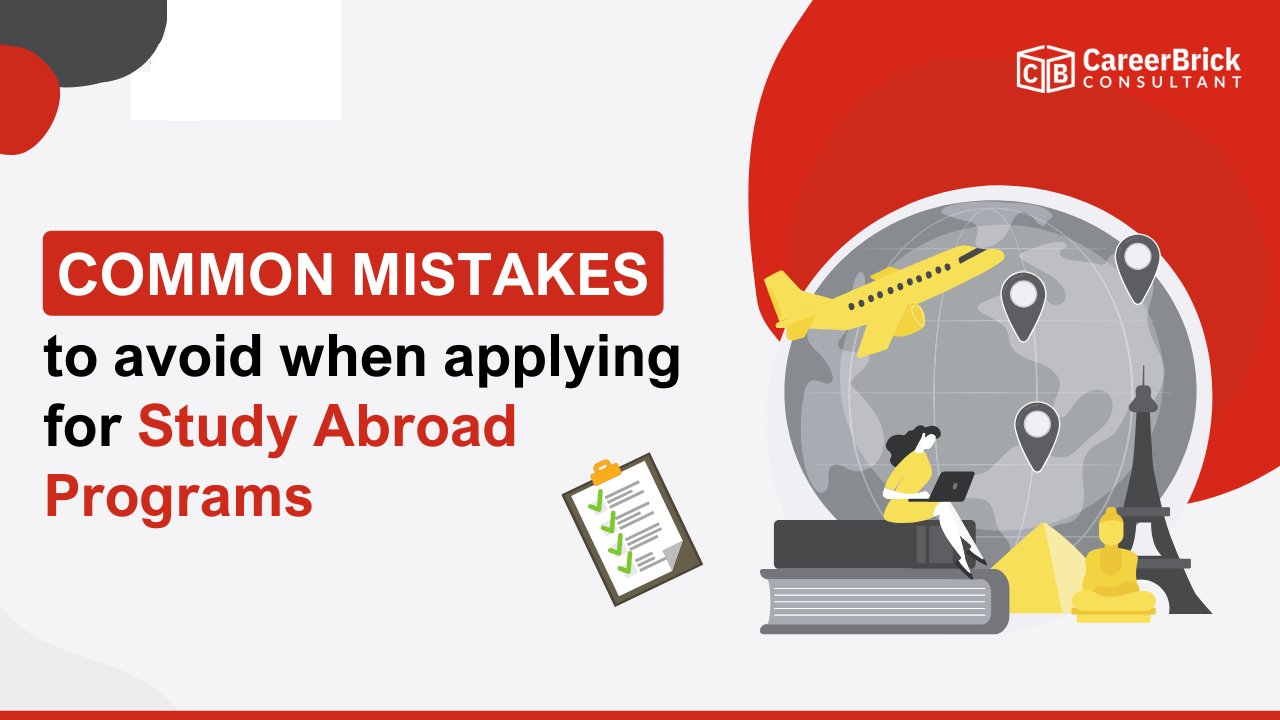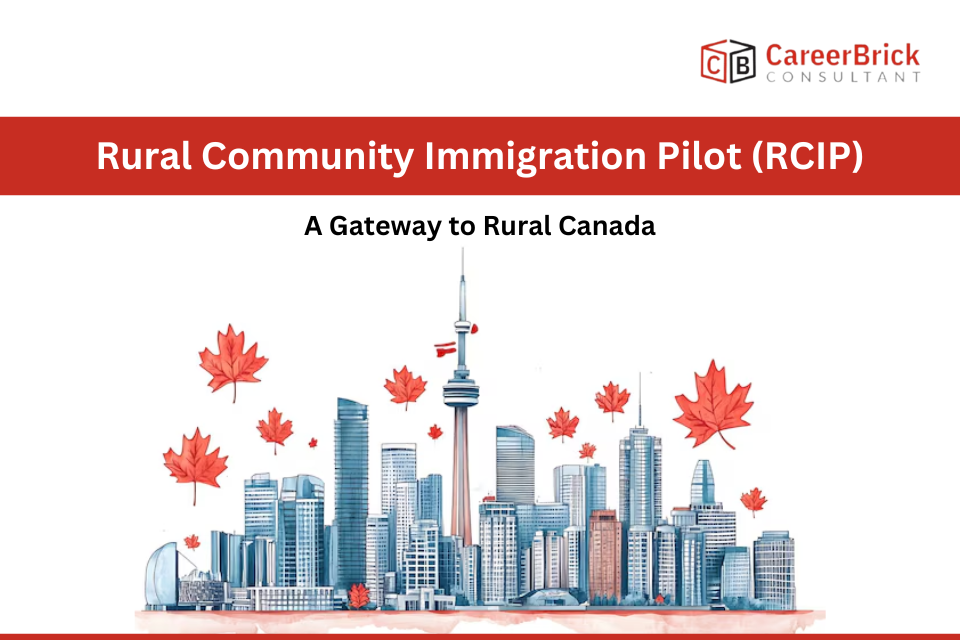Studying abroad is an exciting opportunity that requires careful planning and preparation. Even the most qualified students can make errors that may impact their applications. According to the Ministry of External Affairs (MEA), the number of Indian students studying abroad has risen to 13,35,878 in 2024, compared to 13,18,955 in 2023. This growth highlights a strong recovery from the pandemic-driven decline and underscores the increasing interest in global education among Indian students.
To ensure a smooth application process, here are some frequent mistakes to avoid and tips on how to prevent them.
1. Prioritizing Prestige Over the Right Fit
Many students focus on well-known universities simply for their reputation. However, a university’s prestige doesn’t necessarily make it the best choice for you. The key is to select an institution that aligns with your academic interests and personal goals.
For example, if you’re pursuing engineering, don’t base your decision solely on rankings. Instead, look into the university’s research opportunities, specialized labs, and faculty expertise. Choosing a university that truly supports your academic and social needs will lead to a more fulfilling study experience than opting for a well-known name alone.
2. Underestimating the Expenses
Many students fail to fully account for the total cost of studying abroad. Beyond tuition fees, expenses like accommodation, food, transportation, visas, and daily living costs can add up quickly. Without a well-structured financial plan, managing these costs can become overwhelming.
To prevent financial strain, create a comprehensive budget that covers all potential expenses. Explore scholarship opportunities, grants, and part-time work options available in your destination country. Being realistic about your finances and planning ahead will help you stay financially secure and stress-free throughout your studies.
3. Submitting Incomplete or Rushed Applications
A common reason students miss out on their desired programs is submitting applications that are incomplete or hastily prepared. Missing documents, generic personal statements, or failure to follow instructions can give the impression that you’re not fully committed.
To avoid this, carefully review all application requirements before submitting. Personalize your statement by highlighting your unique experiences and explaining why you’re an ideal fit for the program. If needed, seek expert guidance from platforms to strengthen and refine your application.
4. Delaying Visa and Immigration Applications
Visa and immigration procedures can seem daunting, but delaying them can disrupt your study plans. Each country has specific requirements, including necessary documents, interviews, and deadlines. Many students underestimate the time needed, only to find themselves scrambling at the last minute.
To prevent this, begin the visa application process as soon as you receive your admission letter. Research the requirements for your destination country and gather all necessary documents well in advance to ensure a smooth and stress-free experience.
5. Ignoring Language Proficiency Requirements
Language proficiency tests like IELTS, TOEFL, or PTE play a vital role in university admissions abroad. Some students postpone these tests or fail to prepare properly, resulting in low scores that weaken their applications.
To avoid this, plan your test well in advance as part of your application process. Dedicate time to consistent practice, take mock exams, and consider joining preparation courses if necessary. A strong score not only enhances your application but also helps you adjust more easily to academic life in a new country.
6. Ignoring the Cultural Adjustment
Studying abroad isn’t just about academics—it also involves adapting to a new culture and lifestyle. Many students underestimate the importance of cultural awareness, which can lead to feelings of isolation or culture shock.
To ease the transition, research your host country’s customs, traditions, and social norms before you leave. For example, punctuality may be highly valued in some countries, while others take a more relaxed approach to time. Understanding these differences can help you avoid potential misunderstandings.
Utilize resources like Google Maps or Citymapper to navigate public transport efficiently, and apps like Duolingo to learn basic phrases in the local language. Engage with international student groups or cultural organizations at your university to connect with peers who have had similar experiences. Attending local festivals or exploring food markets can also help you immerse yourself in the culture, making your time abroad more enjoyable and enriching.
7. Avoiding Guidance and Support
A common mistake students make is trying to navigate the entire application process alone. While independence is important, seeking guidance from counselors and advisors can be incredibly beneficial. They can help you choose the right program, avoid common pitfalls, and strengthen your application.
Study abroad consultants provide expert insights and personalized support to enhance your chances of success. If you're uncertain about any step, don’t hesitate to ask for help—getting the right advice can make all the difference.
Conclusion
Applying for a study abroad program can be a challenging process, but avoiding these common mistakes can greatly improve your chances of success. Thorough research, careful planning, and proper preparation are key to making your application stand out.
With the right approach, you’ll be on your way to a rewarding educational journey filled with new opportunities. Remember, your application is just the first step in an exciting new chapter of your life!







